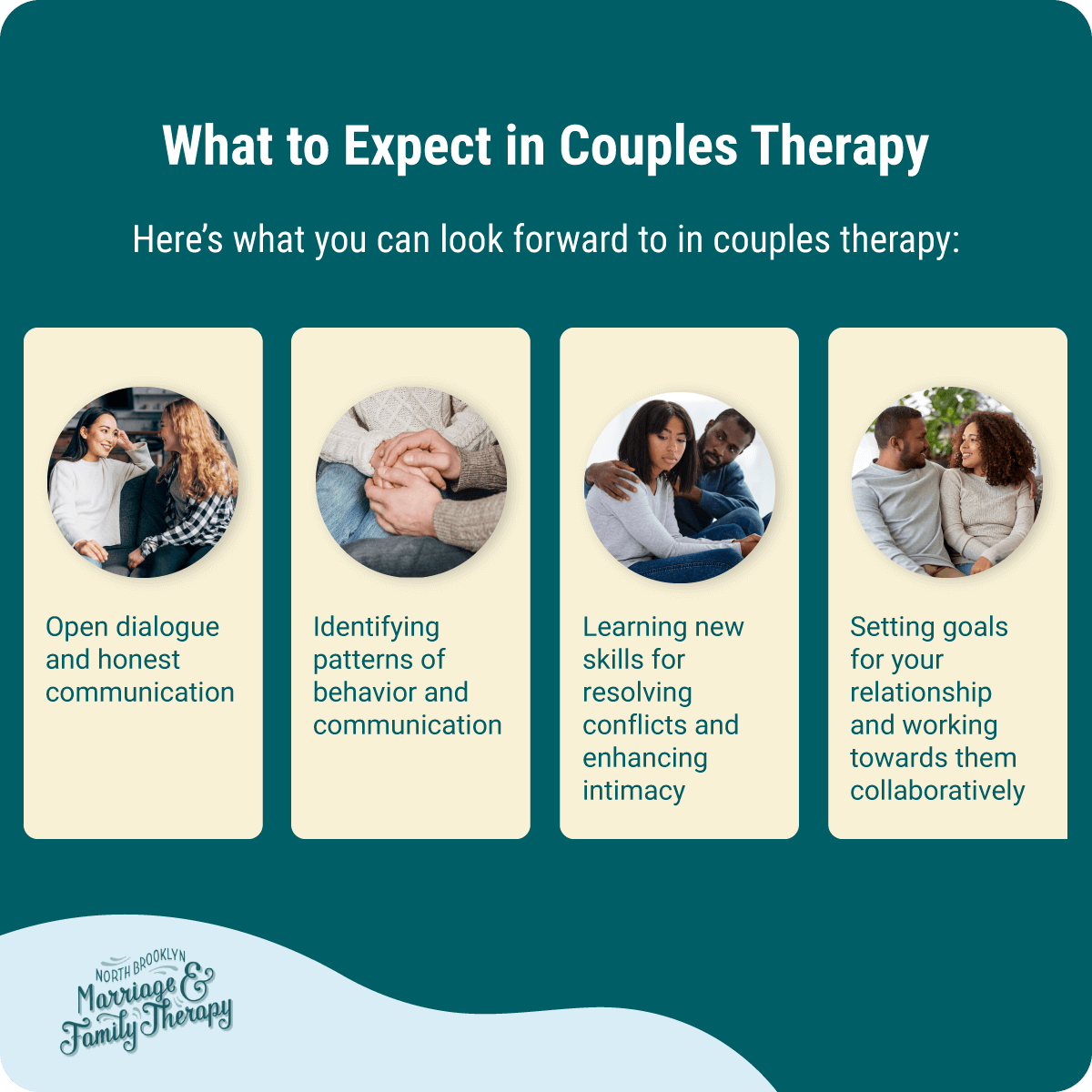The 8-Minute Rule for Aim Point Counseling
The 8-Minute Rule for Aim Point Counseling
Blog Article
How Aim Point Counseling can Save You Time, Stress, and Money.
Table of ContentsAim Point Counseling Can Be Fun For AnyoneOur Aim Point Counseling DiariesSome Ideas on Aim Point Counseling You Need To KnowAim Point Counseling Can Be Fun For EveryoneNot known Factual Statements About Aim Point Counseling Unknown Facts About Aim Point Counseling
The longitudinal style entails a pre-treatment survey and two follow-up surveys at 3- and 12-months post-intervention. The research is set in eight Relationships Australia Victoria centres, throughout urban, external suburbs, and regional/rural sites. Relationships Australia, a non-government organisation, is the largest copyright of couple counselling and connection solutions in Australia.
In Australia, the mean size of marital relationship prior to splitting up is 8.8 years, and about fifty percent of all separations involve pairs with youngsters [1] These high prices of connection failure have been regularly connected with unfavorable health and wellness repercussions for both grownups and kids complying with divorce/separation. These consist of isolation from support networks, and reduced income and standard of living for both grownups and youngsters [3], issues of commitment over kids for guys, and anxiety and loss of identity for ladies [4,5]
The Buzz on Aim Point Counseling
The effects of divorce and splitting up can be destructive, research suggests that high partnership dissonance in intact couples is likewise most likely to have negative outcomes.
Study to day has determined both couple and individual aspects that might add to connection discord. These include relationship fulfillment and dedication at the pair level, and anxiety at the private level.
The Of Aim Point Counseling
Connection fulfillment has been one of the most typical end result variable recognized in greater than 200 analyses of couple coaching [11,12] Research studies have actually discovered significant enhancements in relationship contentment from pre- to post-treatment [13,14] and throughout one to two years adhering to counselling [15] In these researches, connection contentment was most often assessed utilizing the Dyadic Change Range (DAS) [16] While the majority of studies indicate improvements in relationship satisfaction following couple counselling, they are restricted by the examples and actions made use of, greatly temporary follow-up time structures, and evaluations that do not account for the dyadic nature of couple data., is another generally checked out relationship result.
To summarise, research indicates that couple-specific variables in addition to individual aspects may predict the outcomes of pair therapy and connection services. The causal instructions of these partnerships, nevertheless, is less clear. These monitorings are very important, considering that, to validate and assist the application of connection services such as pair counselling, empirical proof needs to explore both the end results of partnership services and the elements that predict effective therapy.
Therefore, there is a growing agreement that effectiveness studies need to be matched by effectiveness study to best notify medical practice [ 29] The restricted performance research study that exists to day suggests that pair counselling can enhance outcomes such as connection fulfillment [33,43], interaction skills and general well-being [44], a minimum of in some European nations.

We currently recognize little about the profiles of couples that choose relationship education and learning compared to those who seek relationship therapy, or the end results of these programs. Nevertheless, unscientific proof suggests that there might be considerable distress among at least some couples seeking partnership education and learning. Connection education and learning programs vary from pair therapy as they are usually extremely structured, carried out in teams, and concentrate on a blend of 4 elements; awareness, feedback, cognitive change, and skills training [45]
Aim Point Counseling Can Be Fun For Everyone
Comments entails individuals completing sets of questions about their relationship (e.g. actions of interpersonal problems), and christian couples counseling getting information on what their ratings suggest. Cognitive-behavioural methods advertise changing cognitions to facilitate positive partnerships. These may consist of promoting practical attributions/expectations around unfavorable companion behaviour [46] In skills training, couples participate in lectures or presentations on partnership skills, and practise these throughout facilitator-led activities [ 45]
These impacts have actually persisted for as much as 4 years in some research studies [47] These meta-analyses highlight restrictions in the present literary works on partnership education. Specifically, the majority of research studies entailed pairs from upper socio-economic backgrounds who were not experiencing high connection dissonance [47,48] This example account might not stand for customers that usually provide for connection education and learning.
The 5-Second Trick For Aim Point Counseling

Extremely little research has actually analyzed the relative advantages of couple counselling and connection education programs. As clients are most likely to self-select right into these service kinds, it is not clear whether particular connection distress accounts present to each solution kind, or undoubtedly whether there is an interaction between presenting profile, solution type and end result.
(https://triberr.com/a1mpoint)
Thus, we have actually consisted of a 12-month follow-up to evaluate longer-term trends and results. The research utilizes a number of standard result measures considering that some prior investigations have been criticised for their absence of standard assessment [50] The usage of statistical evaluations that assume freedom of data, such as t-tests, or ANOVAs, has actually been widespread in previous research studies [ 44,49]
For that reason, we propose to use multi-level analytical modelling procedures that regulate for the inter-dependence of couple data to assess any kind of treatment results. The particular purposes of the ECC research are to: 1. Map profiles of clients looking for community agency-based couple coaching vs. relationship enhancement programs in regards to socio-demographic and partnership indicators (such as connection complete satisfaction, partnership dedication, interpersonal issues, and factors for attending), in addition to wellness (such as clinical depression, basic wellness) and health and wellness solution usage (eg.
2. Determine whether couple therapy and partnership education and learning solutions improve three- and twelve-month results for partnership satisfaction, commitment, and depression, using statistical analyses suitable to combine data. 3. Figure out the loved one payments of customer variables (individual and couple) and therapy/education factors to results at 3- and 12-months, and to sustainability of results gradually.
Unknown Facts About Aim Point Counseling
Multi-level modelling to identify pre-post distinctions, controlling for dyadic (couple) degree. To add to the literature evaluating the efficiency of community-based couple therapy.
Report this page